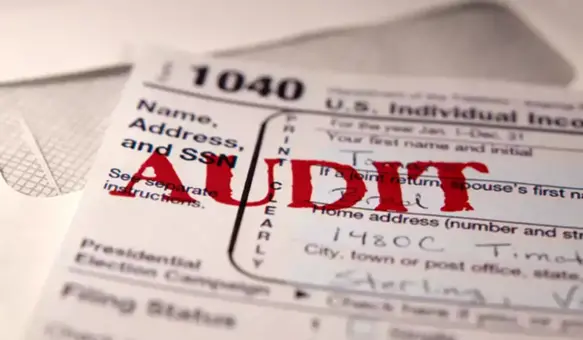IRSN (Internal Revenue Service Number) - What It Is, Who Needs It and Who Should Avoid It.

Hundreds of thousands of American citizens by birth live abroad without a Social Security number. Many of them have recently discovered that they have U.S. tax compliance obligations. Most often this news is delivered by a foreign bank that has custody of their money, through a scary letter with the threat of freezing their funds unless they provide proof of U.S. tax compliance.
However - obtaining a Social Security number, even if you have all the required documents, may be a challenge for those living in remote parts of the world, far away from the nearest U.S. Embassy. But people need to catch up with their filing obligations ASAP and they search for a way to file without a Social Security number.
First they learn the acronym ITIN - Individual Tax Identification Number. The Application for an ITIN can be submitted by mail to the IRS along with the completed tax returns. This is the easy and speedy solution. Unfortunately, individuals eligible for a Social Security number are not eligible for ITIN - a tax ID for the foreigners. This option does not work for the US citizens by birth.
Searching for solutions, internet searches come up with an ingenious solution: get the IRSN - the Internal Revenue Service Number aka the IRS Substitute Number and file the tax return with it in lieu of the Social Security Number. This method has one huge downside - this method may make the tax filer ineligible for amnesty for the FBAR penalties via the Streamlined Program.
This article explains what the IRSN is and the pitfalls entailed in using it.
The definition of IRSN is:
An IRSN is a nine-digit number issued by the IRS to persons who file a return or make a payment without providing a TIN. You would’ve been issued this number if you filed a U.S. federal tax return and didn’t have an SSN. This IRSN will appear on any correspondence the IRS sent you concerning that return.
Origin: Once the U.S. Internal Revenue Service (IRS) began using Social Security Numbers (SSN) as the primary form of taxpayer identification, it ran into a problem: how to identify people who had federal tax filing requirements but were not eligible to obtain the Social Security numbers.
The IRS' initial solution was to create temporary numbers known as Internal Revenue Service Numbers (IRSN) to process the tax returns of such persons, but that system created a problem because IRSNs were assigned to tax returns rather than to the individuals filing those tax returns, a situation which made it difficult to track all the returns filed by any particular person. To remedy that problem, in 1996 the IRS introduced the Individual Taxpayer Identification Number (ITIN), nine-digit numbers similar in structure to SSNs issued to individuals (regardless of their immigration status) who are required to have U.S. taxpayer identification numbers but are not eligible to obtain SSN
Ever since, the use of IRSN was limited to situations where, upon receipt of taxpayer correspondence (e.g., tax forms and payments), the IRS determines that no identifying number can be found.
An IRSN may be assigned for one of the following reasons:
- A balance due return for a tax filer who failed to put a Social Security number or ITIN on the document
- A Social Security or ITIN has been previously used and the individual in question is not the taxpayer of record
- A taxpayer request for an ITIN was rejected or incomplete
IRSN may also be assigned to a victim of identity theft in lieu of the compromised SSN. It will be used for filing the victim tax return while the fraudulent user of their SSN is being determined.
IRSN and the Streamlined Program
What will happen if you submit your delinquent tax returns without a Social Security number through the Streamlined Foreign Offshore Procedure (aka Amnesty Program)? You will receive a IRSN and your returns will be filed, true. But key point - you are ineligible for penalty waiver. You need a real Social Security number to get amnesty protection.
| If you make a submission to the Streamlined Filing Compliance Procedures without a valid SSN, then the IRS may process your returns after assigning an IRSN. See IRM 3.13.5.70 and 3.13.5.71. But taxpayers that make submissions to the Streamlined Filing Compliance Procedures without valid SSNs are not eligible for the favorable penalty provisions of the Streamlined Filing Compliance Procedures. The IRS will process such returns subject to penalties applicable outside of the Streamlined Filing Compliance Procedures. |
The bottom line: IRSN was designed for IRS convenience. It is extremely unfriendly to the taxpayer.
It does not allow for any benefits of the Streamlined Procedure and should only be used for correspondence and record of payments. IRSN serves as an identifier in the IRS database of taxpayer payments and makes recordkeeping for the IRS easier.
FBAR can be e-filed after the IRSN is issued yet this submission will not give you amnesty protection either. You will remain at risk of FBAR penalties for late filing. It is only worthwhile to resort to filing without Social Security number and relying upon IRSN if a foreign bank seized your assets and you are forced to file immediately. Otherwise waiting for a regular SS# is a much better alternative.



